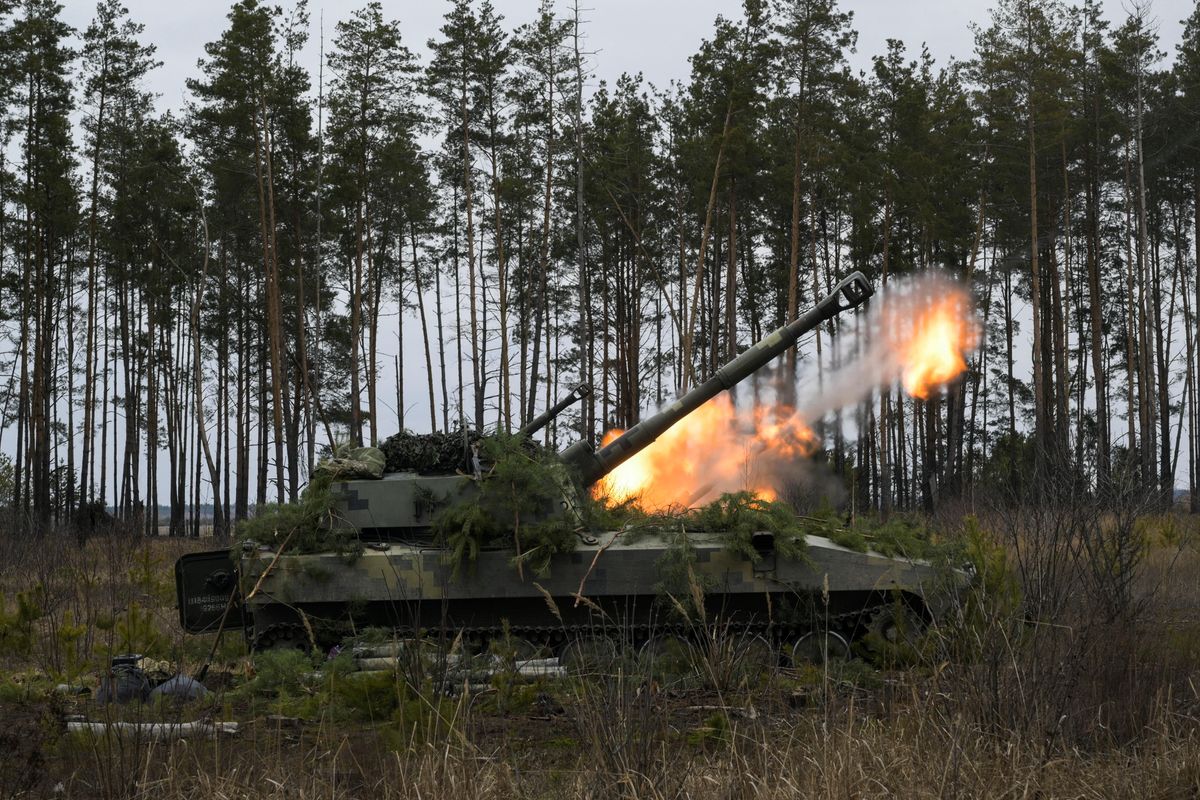President Vladimir Putin said Sunday that Moscow will halt its military operation only "if Kyiv stops military operations and carries out well-known Russian demands." This is the same leader whose side twice agreed to and then violated a deal to evacuate civilians from the besieged city of Mariupol. On Monday, Russia said it would offer safe paths out of Kyiv, Mariupol, Kharkiv and Sumy, but some of the routes entail passage to Russia or Belarus, which Ukraine has called "immoral."
Ukraine says more than 11,000 Russian soldiers have been killed since the invasion began, more than 20 times Moscow’s only official death toll released to date. Roughly 1.5 million Ukrainians have already fled to neighboring European countries, raising the stakes for a common EU response to a refugee crisis that will surely worsen.
All eyes on Odessa. With Russian forces now occupying the southern city of Kherson, the Kremlin has its eye on its next big prize: Ukraine’s largest seaport of Odessa. On Sunday, Ukrainian President Volodymyr Zelensky warned that Russia will soon start bombing Odessa, a bustling city of 1 million. With Russian soldiers struggling in the face of fierce Ukrainian resistance, taking Odessa would be a big win for Putin. Controlling it would mean curtailing Ukraine’s access to imports of food and other supplies — and if Russia took control of Mariupol too, it would gain much of Ukraine's seacoast. Occupying Odessa would also put the Russians within striking distance of Transnistria, a breakaway Moldovan republic that could be Putin’s next target after Ukraine.
Diplomatic moves. Over the weekend, various world leaders spoke with Putin to try to negotiate an end to hostilities. French President Emmanuel Macron wants the Russian leader to protect nuclear sites after Friday’s assault on Europe’s largest nuclear power plant in southeastern Ukraine. Turkey’s President Recep Tayyip Erdogan urged Putin to declare a cease-fire. Finally, Israeli PM Naftali Bennett surprised observers by showing up in Moscow for a meeting in the Kremlin, where he offered to mediate as a neutral partner with strong ties to both Russia and Ukraine. Meanwhile, delegations from both Russia and Ukraine are set to meet on Monday in Belarus for a third round of peace talks.



















